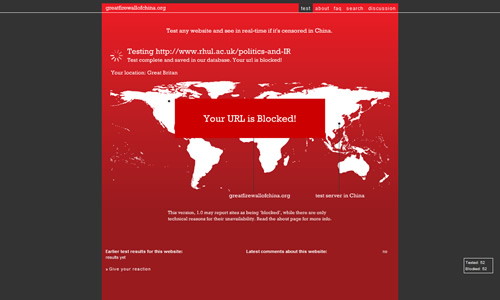This passage on Singapore didn't make it into Chapter 11
for reasons to do with flow.
If matters appear relatively clear cut in China, they are less
so in nearby Singapore, where the contradictions of a state-driven
high-tech economic development strategy and authoritarian rule may
soon begin to intensify. Given an economic context of declining
manufacturing growth rates in the 1980s, Singapore implemented a
national information technology plan, aimed at developing a modern
communication infrastructure based on fibre optic backbones, and
the development of an entrepreneurial culture of innovation in the
high-tech sector. Economic development in this area was also
spurred by the early and widespread adoption of new ICTs in
government as well as a new agenda for the teaching of IT skills
in universities. All of these initiatives were designed with
economic development in mind, and they have proved successful in
these terms (Ho et al, 2002: 127, 143).
Singapore is best described as semi-authoritarian, and is widely
regarded as one of the most surveilled societies in the world
(Kalathil and Boas, 2003: 74). Since its founding as an
independent republic in 1965, the ruling People's Action Party
(PAP) has dominated most aspects of its political life. Opposition
parties are permitted, but a range of restrictions mean that they
are effectively excluded from power. Historically, the PAP's
success in producing high levels of economic growth and rising
living standards for Singaporeans has underpinned its legitimacy.
However, the PAP regime continues to censor the media. The
government effectively controls all of Singapore's major
newspapers and their related websites and portals through its
control over the Board of Directors of Singapore Press Holdings
(Kalathil and Boas, 203: 77). The counterpart to the state-led
knowledge economy in the Singapore model has been a relatively
undeveloped civil society, and state restriction of citizen
activity aimed at criticising its economic rationale (Ho et al,
2002: 133). Thus, the new economy was officially encouraged for
allowing the rapid pace of industrialization to continue, but the
potential for the Internet to loosen existing social, cultural,
moral and political values was not considered part of the plan.
Much like China, Singapore has an internal 'walled garden'
approach to the Internet. The Singapore Broadcasting Authority
grants licenes to online content providers and ISPs, but all ISPs
must send their traffic through state proxy servers. The state
uses these to filter unacceptable content, especially pornography
and political criticism, before it appears. In 2001, the PAP
announced stricter regulation of political websites, forcing them
to register with the authorities. These and other regulations have
had a 'chilling effect', and have promoted a culture of
self-censorship online. (Kalathil and Boas, 2003: 78).
Yet according to research by K. C. Ho and colleagues, one
fascinating aspect of the Singapore case has been the tendency for
the economic-developmental aspects of technology to leak into
other areas of social, cultural and political life, creating in
the process a number of public spheres of communication which were
previously impossible to imagine in a state with relatively
disciplinary moral traditions. As cyberspace developed in
Singapore during the 1990s, relatively unhindered by state
restriction apart from a few high profile cases of state blocking
of pornography, it has created an alternative public sphere of
religious groups, political opposition and sexual minorities.
Singapore's cyber civil society contains groups ranging from those
making civil and constitutional claims, through to anti-censorship
campaigners, unofficial opposition parties, and groups promoting
alternative lifestyles and sexual freedoms. Religious movements
from other countries have found Singapore a relatively easy place
to host their sites. Falun Gong, outlawed in China, has bases in
Singapore, and channels much of its Asia-Pacific web activity
through sites hosted there (Ho et al, 2002: 141). The flourishing
of Singapore's civil society, partly facilitated by the Internet,
is only in its early stages. In comparative terms, liberal
democratic freedoms are still relatively weak in Singapore and are
likely to remain so for some time. The state continues to enforce
strict controls on Internet communication. But harnessing the
knowledge economy in the national interest has had some unintended
consequences.
References
Ho, K. C., Baber, Z. and Khondker, H. (2002) '"Sites" of
Resistance: Alternative Websites and State-Society Relations', British
Journal of Sociology 53 (1) pp. 127-148.
Kalathil, S. and Boas, T. C. (2003) Open Networks, Closed
Regimes: The Impact of the Internet on Authoritarian Rule
(Carnegie Endowment for International Peace, Washington DC).


